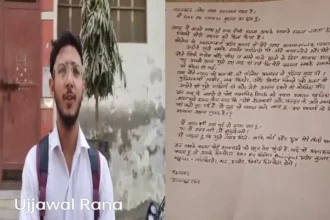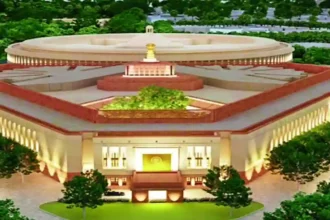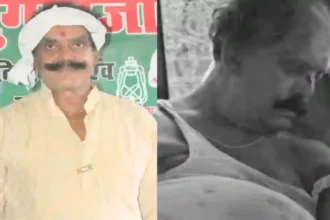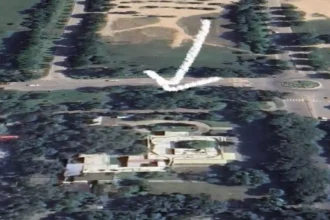
Introduction: What Happened on Day 2 of Delhi’s ELV Crackdown?
In a surprising revelation, data released by the Delhi Transport Department shows that only seven vehicles were impounded across the national capital on July 2the second day of its ambitious crackdown on End of Life Vehicles (ELVs). This dismal number sharply contrasts with the aggressive tone the government had set while launching the campaign.
- Introduction: What Happened on Day 2 of Delhi’s ELV Crackdown?
- What Are ELVs? Understanding the Policy
- Government’s Full Agenda Behind the Crackdown
- Promote Electric Vehicles (EVs)
- Comply with NGT & Supreme Court Orders
- Revenue Generation
- Real World Impact: Why Is This Crackdown Being Criticised?
- “Why Only the Poor?” – The Question Everyone’s Asking
- Voices from the Ground
- Data Speaks: Day 2 Crackdown Failed to Maintain Momentum
- Lack of Infrastructure to Support Policy
- Is This a Greenwash?
- Infographic on ELV
- What Needs to Be Done: Recommendations for an Equitable Policy
- Conclusion: Policy with Good Intent, Poor Execution?
The policy, though built around environmental preservation, has ignited a fiery public debate. Critics argue the real burden is being placed unfairly on the urban poor and small business owners while conveniently turning a blind eye to large-scale polluters such as industries, factories, and agricultural practices like stubble burning (parali).
What Are ELVs? Understanding the Policy
Definition of ELVs
An End of Life Vehicle (ELV) is a car, truck, or two wheeler that has either:
Surpassed its legally permitted age (15 years for petrol and 10 years for diesel vehicles in Delhi),Or failed to meet fitness standards.
These vehicles are presumed to emit excessive pollutants, contributing significantly to Delhi’s chronic air quality issues.
Government’s Policy on ELVs
The Delhi Government’s ELV policy, aligned with National Green Tribunal (NGT) directives, mandates:
Automatic de-registration of diesel vehicles older than 10 years and petrol vehicles older than 15 years.
Immediate impoundment of such vehicles if found on roads or in public places.
Promotion of vehicle scrappage centres to encourage responsible recycling.
Incentives (on paper) for buying new, electric or cleaner vehicles in exchange.
The stated goal? Combat Delhi’s hazardous air pollution, which ranks among the worst in the world.
Government’s Full Agenda Behind the Crackdown
While environmental improvement is the face of this initiative, several other objectives seem to be embedded in the policy rollout:
Air Quality Management
By eliminating older, polluting vehicles, the government aims to meet air quality targets, especially ahead of global climate audits and summits.
Promote Electric Vehicles (EVs)
Delhi is pushing hard to become India’s EV capital, with aggressive incentives, subsidies, and charging infrastructure developments.
Comply with NGT & Supreme Court Orders
Repeated warnings from judiciary bodies have pushed Delhi to take concrete steps to regulate vehicular emissions.
Revenue Generation
Fines from impoundment, scrappage fees, and new vehicle sales collectively contribute to state revenue, even if not publicly acknowledged.
Real World Impact: Why Is This Crackdown Being Criticised?
Biased Enforcement
While the policy applies to all, enforcement disproportionately targets:
- Rickshaw pullers
- Small delivery agents
- Daily wage earners
- Old car owners in lower-income colonies
These groups rely heavily on older vehicles for livelihood. Critics argue the policy has become a tool of harassment, not reform.
Sudden Implementation
The drive began with minimal public awareness, no robust scrappage network, and unclear provisions for appeals or exemptions.
“Why Only the Poor?” – The Question Everyone’s Asking
No Action Against Polluting Factories
Despite Central Pollution Control Board (CPCB) reports naming major factories in Delhi NCR as prime contributors to PM2.5 emissions, there has been no concrete action no closures, fines, or accountability.
Parali Burning Hypocrisy
Each year, Delhi’s AQI collapses due to stubble burning in Punjab, Haryana, and Uttar Pradesh. Yet, neither the central government nor Delhi’s leadership has made any long term structural change to address it.
Double Standards?
Small vendors and delivery drivers face daily threats of impoundment.
Meanwhile, construction barons, industrialists, and real estate giants operate with little oversight.
Voices from the Ground
“They took away my old van. I used it for vegetable deliveries. Now I have nothing,” says Ramesh, a vendor from East Delhi.
“Why don’t they shut the factory behind my house that releases black smoke daily?” asks Sufiya from Nangloi.
Data Speaks: Day 2 Crackdown Failed to Maintain Momentum
Stats from July 2
- Vehicles impounded: 7
- Zones covered: Minimal
- Complaints recorded: 57 (down from 139 on Day 1)
- Public cooperation: Rapidly declining
- Many speculate that the media backlash and lack of preparedness forced officials to go soft after the initial push.
Lack of Infrastructure to Support Policy
No Widespread Scrappage Facilities
Currently, Delhi has only a handful of functional scrappage centres, leading to confusion and logistical nightmares.
No Financial Assistance
Scrapping a vehicle can cost ₹5,000–₹20,000, depending on type. For someone earning ₹12,000 a month, this is unaffordable.
No Clear Communication
Most citizens claim they were unaware that their vehicles had been de-registered automatically via VAHAN portal entries.
Is This a Greenwash?
Several environmentalists are now questioning the intent behind the crackdown:
Is it truly about reducing emissions or simply creating the illusion of governance?
Why are large scale emitters exempt from action?
Why is there no centralized EV transition fund for the poor?
Dr. Meera Sharma, an air pollution expert, told:
The government cannot expect equitable environmental gains by punishing only the vulnerable. Pollution is systemic, not individual.”
Infographic on ELV
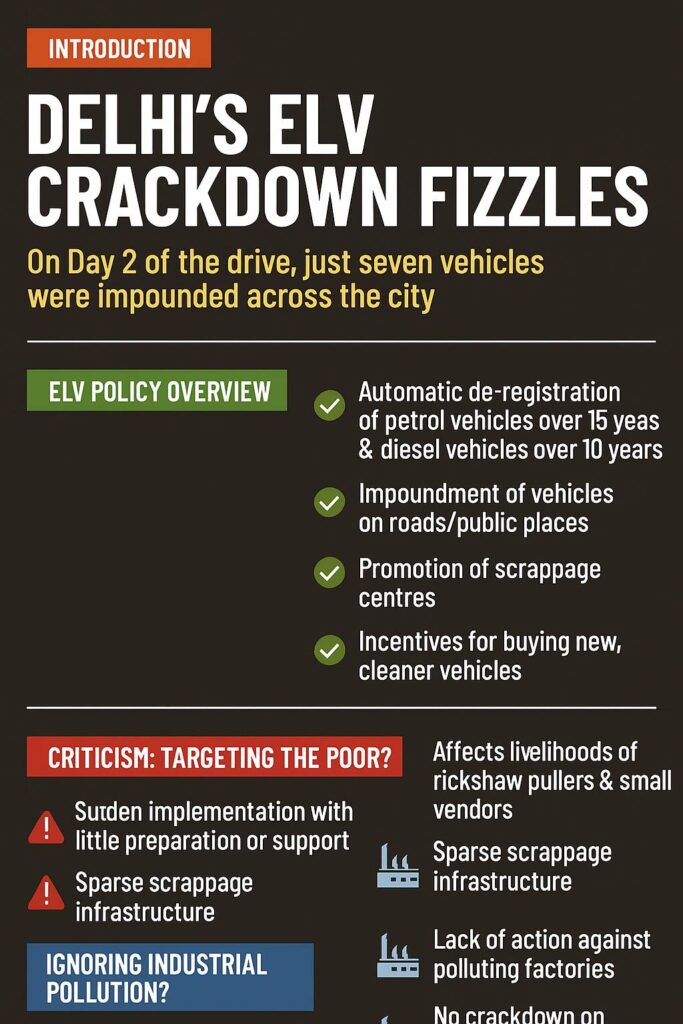
What Needs to Be Done: Recommendations for an Equitable Policy
1. Expand Scrappage Network:
Establish subsidized scrappage centres across all Delhi zones.
2. Offer Buy-Back or EV Transition Subsidy:
Provide at least ₹20,000 to owners of ELVs for new EV purchases or alternate transport.
3. Target Industrial Pollution:
Enforce real-time pollution monitoring and fines for non-compliant factories.
4. Regional Policy on Parali:
Coordinate with Punjab, Haryana, and UP to enforce crop residue management policies.
5. Transparent Communication:
Use SMS, social media, and public hoardings to notify owners about de-registration and options available.
Conclusion: Policy with Good Intent, Poor Execution?
The ELV crackdown, while ambitious, reveals a deeper governance issue in Delhi’s fight against pollution. Without holistic planning, the campaign appears selective and inequitable raising more questions than answers.
If environmental justice is the goal, the burden must not fall only on the poor. It’s time Delhi’s policymakers adopt a systems-based approach rather than knee-jerk enforcement.
Stay Connected For updates, follow The News Drill
Email us tips: editor@thenewsdrill.com
For media inquiries: contact@thenewsdrill.com
Submit your story or join our contributor panel.




